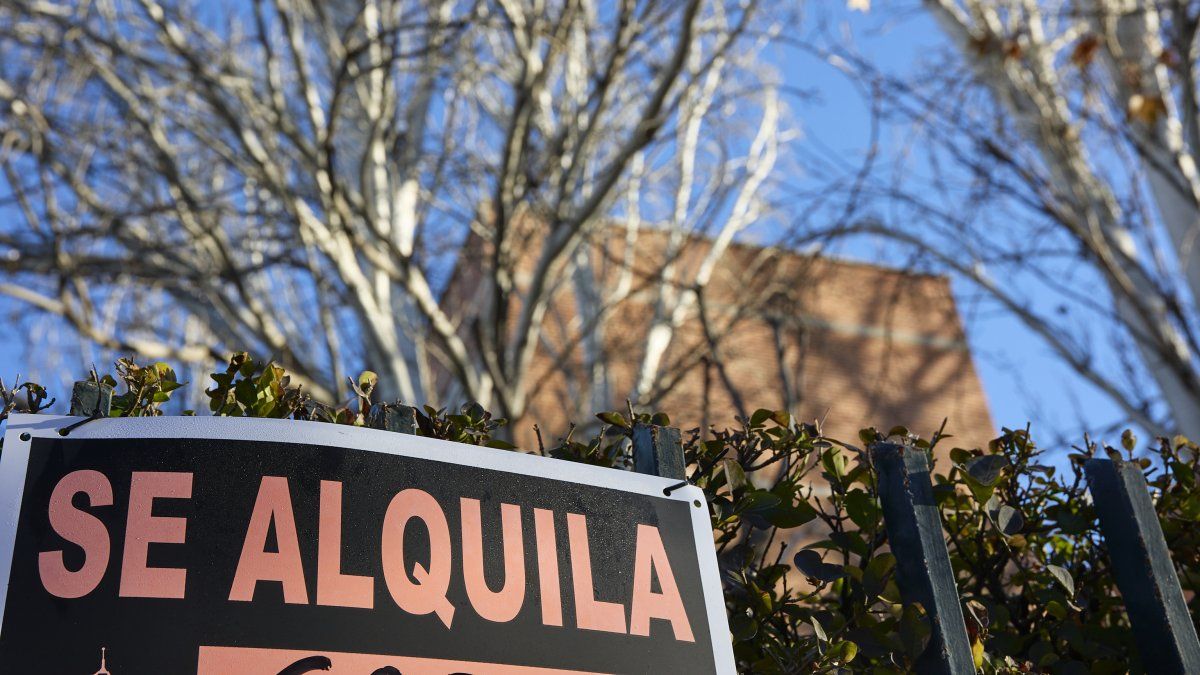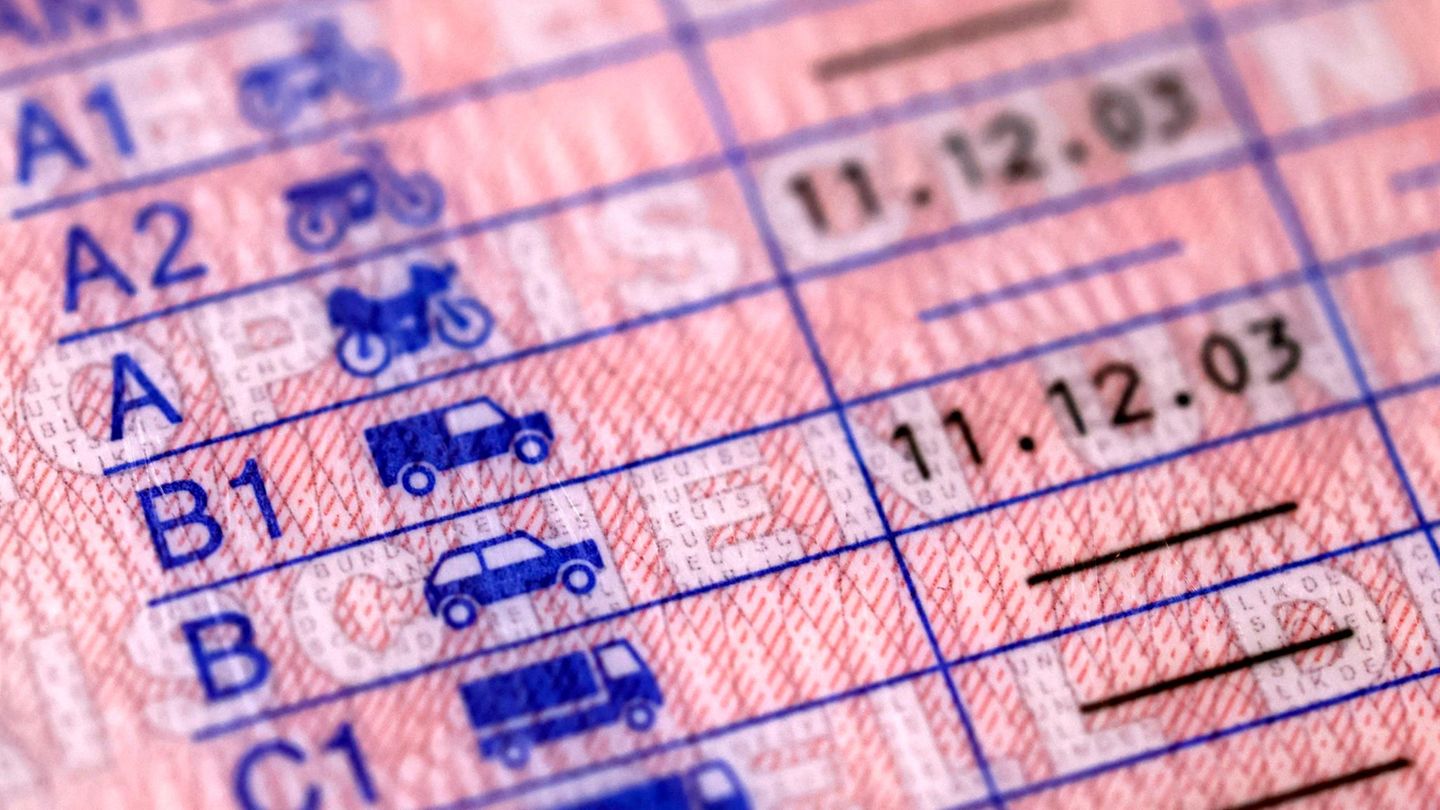The Spanish government announced that it will finance 43,000 homes for rent at affordable pricesthus seeking to reduce the cost of housing and curb rent increases.
This was announced by the Spanish president, Pedro Sánchez, during his usual appearance in Parliament.
Sanchez explained that These homes, which will be used exclusively for rental, will be both new construction and existing properties that will be rehabilitated.
They will be financed through a new line from the public bank ICO (Official Credit Institute) of 4,000 million euros.
These 43,000 homes will be added to another 50,000 already announced as part of the plan of the Management Company for Assets Arising from Bank Restructuring (Sareb).
Sareb arose from the 2008 financial crisis to sell or rent the homes repossessed by the banks as a result of said crisis. Between loans and real estate, the firm manages what at the time were 200,000 “toxic” or “subprime” assets.
As indicated by La Moncloa in a statement, the entity has a potential stock of finished homes of 21,000 units, 14,000 inhabited whose tenants will be offered assistance and land available to build 15,000 new homes.
“We are going to make access to housing a right and not a problem, because there is nothing more constitutional than the new Housing Law and turning housing into the fifth pillar of the welfare state,” Sánchez remarked in statements released by the Europa Press agency.
On May 28, the municipal and autonomous elections will take place in Spain, and Sánchez seeks to put the housing problem on the table, one of the main ones in Spain along with unemployment.
In his speech, the socialist president questioned the “neoliberal” housing policy during the Popular Party (PP) governments, where – he remarked – it became a “merchandise” instead of being a right.
Everything indicates that the new Housing Law to which Sánchez refers will be approved by Parliament in the coming weeks, after the ruling coalition reached an agreement with the independence movements, the Catalan ERC, and the Basque Blidu.
The regulations incorporate within Spanish territory the so-called “stressed areas”, areas that the autonomous communities may declare and where rents exceed 30% of average household income, or, failing that, where the price of housing in sale or rent increased at least 3 points above inflation in the last five years.
In the case of these areas, the new rental contracts will be regulated and may not increase more than a certain percentage.
The rent caps were already implemented due to the strong inflationary increase during the pandemic, in a country where owners normally used the inflation index to index rent, although they do not apply when making new contracts.
In them, the annual rent increase will be indexed to that of the previous contract and may not exceed 2% in 2023 and 3% in 2024, and then in 2025 it will be governed by a new index that will be lower than the evolution of inflation. as it was until now.
In addition, the law increases the reserves of developable land for public housing, establishes that evictions cannot be carried out without an established date or time, and allows the use of state funds to offer evicted housing alternatives.
In the same way, it lowers the definition of “large owner” from ten to five properties, thus applying specific regulations to reduce speculation and hoarding of real estate.
Source: Ambito




